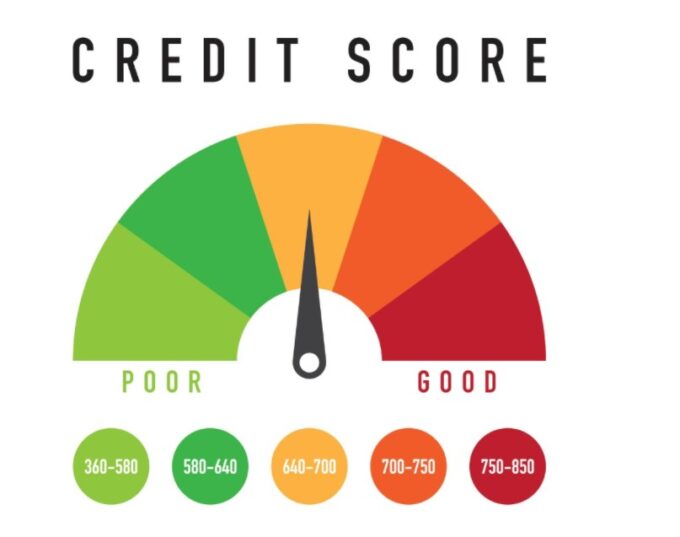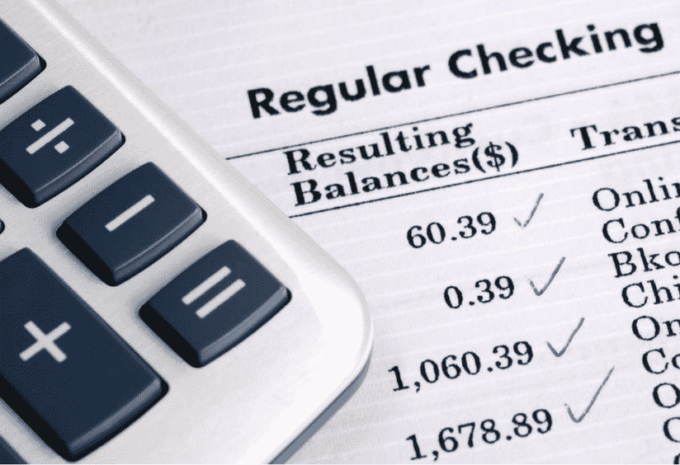Building up your home equity might be a smart move if you want to raise the value of your property, get funds for development, and make the repairs and replacements that it requires. You may accomplish all of this with no out-of-pocket expenses that can be paid overtime.
To keep it short, it offers necessary relief during financial shortages and hardships. However, the case may not always be of financial hardship but a lack of finance. In such instances, it becomes imperative to determine if you can still get the required aid from a home equity loan.
Click on this alpinecredits.ca if you are looking for financial products or want to know more about home equity loans with no income.
What Is A Home Equity Loan?
A home equity loan is the umbrella term used to describe the different types of loans and policies homeowners can employ using their home equity as collateral. The equity refers to the portion of the total home value that does not have any mortgage balance.
These types of loans usually offer more in terms of monetary output at lower interest rates as compared to the unsecured types. It is possible because the home is put up as collateral.
You can apply for a home equity loan directly with your associated bank or through a broker for a commission. Some examples of home equity loans would be Second Mortgage, Home Equity Line of Credit (HELOC), Reverse Mortgage, etc.
Can You Get It Without Income Verification?

It is possible to get a home equity loan without any income verification, especially if you have no incoming source of money at the moment. Lenders that offer such loans assess your capacity to repay the loan based on the value of your home.
It is not possible with unsecured lenders or even some banks since they consider a stable and in-flowing income as the key indicator of whether you’ll be able to pay back the loan or not.
When the collateral is a physical asset like a house, it offers lenders some relief since they know that the house won’t be going anywhere, nor will it run the risks of an abrupt stop in monetary value. It is why home equity loans tend to provide flexible modes of loan repayment.
Consequently, this type of loan is quite popular among those who are self-employed or retired.
5 Main Requirements For A No-Income Equity Loan
Having a stable source of income is not the primary determiner of your application for a home equity loan. And so, no income verification is needed either. If your lender inquiries, you can state your income or write it down in the application form.
They will make no further verification or assessment, and the lender will take your word for it. But certain other things will be required, barring your income level or lack of it:
Credit Score

With the lack of tax returns or income verification, you will need a good credit score. The credit score reflects your back statements; this assures the lender that you’re an eligible candidate for the loan.
The credit score can vary depending upon the lender as some may ask for a score point of as little as 600 while others may demand a credit score of more than 700. It is just a necessary precaution that you can take when applying since loans are also offered to those with poor credit scores.
Tax Returns
As a self-employed worker, you will need to provide tax returns that span from anywhere between 12 months to 24 months to be eligible for such a loan.
Tax returns won’t be required as proof if you’re a regular employee since you would have already offered the necessary income verification documents that are needed.
A Down Payment

This criterion is universal for all loan applicants, whether they have an income source or not. A total of at least 20% or more out of your home equity will be required for your application. This figure will be included in the down payment of your loan.
However, if you wish to lower the percentage value, you will need to provide income verification documents.
Proof Of Ownership
To be eligible for a home equity loan, you need to be the one that owns the property. You cannot apply for such a loan if the title is not under your name.
So make sure that all the information is up-to-date and complete any ownership transfer that needs to be done before your application.
Once the necessary documents are ready, you can just submit a copy of the PDF deed to suffice. However, some lenders require a physical copy of the documents to be submitted.
Information On Mortgage Statements

Some home equity loans such as reverse mortgages require all pending credits and loans to be paid off before the application.
Because of this, you need to provide extensive information regarding past or current mortgage plans secured by your home.
The details and policies under the mortgage plans will determine whether you can apply for a home equity loan or not, or whether you will have any restrictions to face or not, depending on the information given.
Endnote
Such a loan can be a valuable financial saver when you’re in quite the pinch or just wish for some extra income with lower interest rates. But it also comes with its disadvantages, which can often outweigh even the pros if you’re not careful with your options.
So to stay on the safer side, it would be best to do your relevant research, consult an expert and weigh your options to decide on the best course for yourself and your equity. You may even opt to choose an entirely different type of policy or loan if need be. But in the end, the call is yours.









